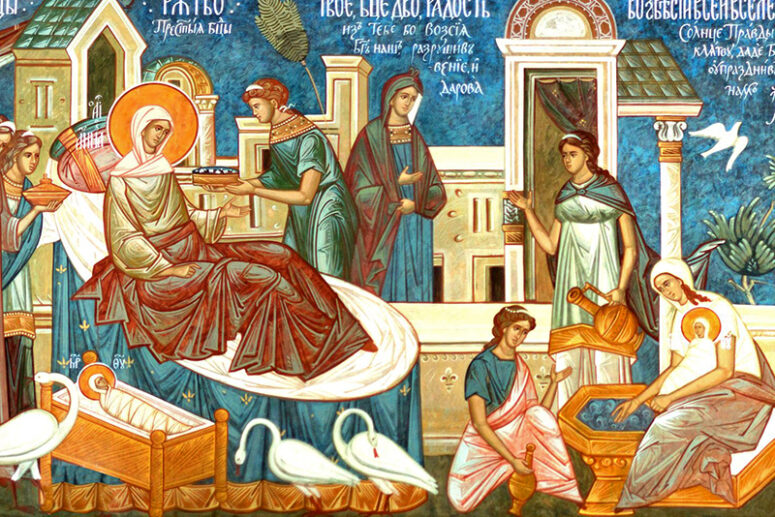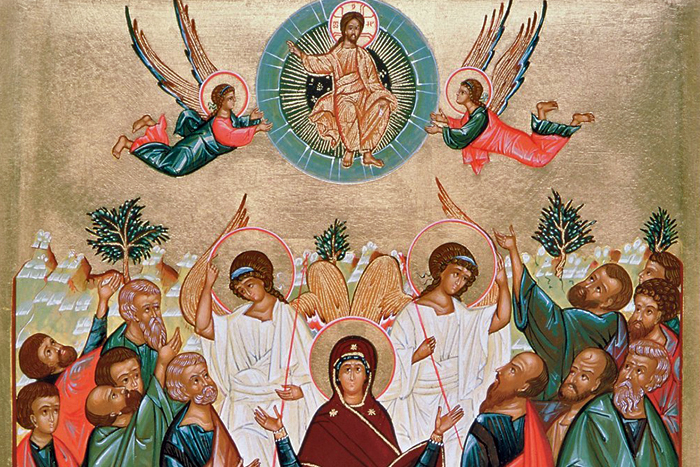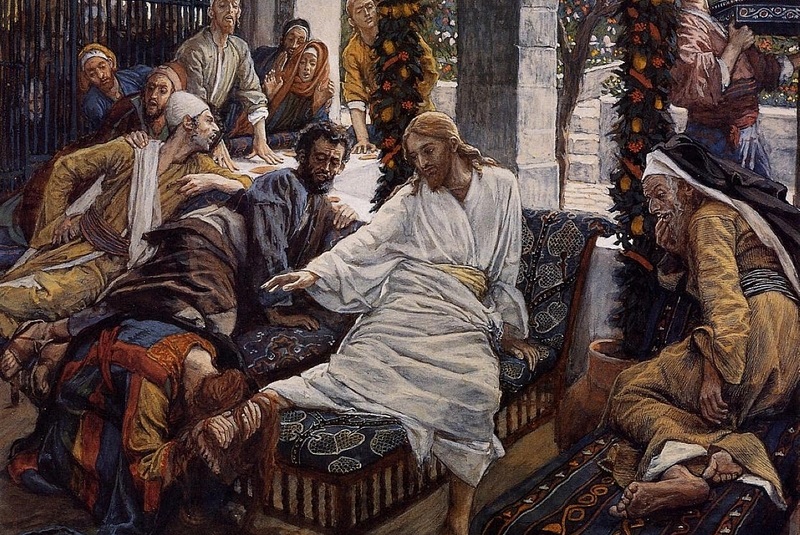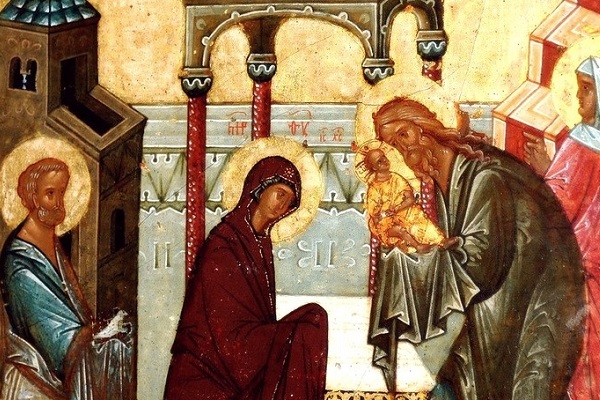
When Mary of Nazareth first emerged from her mother as a newborn infant and uttered her first newborn cries, few then present could have had any inkling what that child would mean to human history. After an extended period of infertility and difficulty in conceiving, of course her parents were delighted—even if the child was a girl and not a boy. The social stigma of childlessness had been removed, and there was a precious new life to love and care for, someone to love and care for them in return in their advancing old age. But it is doubtful if anyone watching as the infant was wrapped in the customary swaddling clothes and placed her mother’s breast could guess her true significance. For that little girl represented the first light of a coming redemption and rescue.
People who have sat long throughout the night waiting for the sun to arise and fill the world with light and warmth rejoice when they see its first light. Even before the sun itself crests the horizon and is seen, one can still see the horizon gradually becoming lighter, illuminated by the coming dawn. That first light precedes the actual arrival of the sun with its piercing and blinding rays, and heralds its imminent presence. First light comes creeping over the world, and only after that comes the sun itself. Those who wait for the sun, rejoice in first light, for it means that their long wait is almost over.
The birth of little Mary was the world’s first light as it sat waiting through the long night of sin and death. Girls in Palestine at that time were betrothed around the age of twelve or thirteen, and so Mary would have been about that age at the time of the Annunciation. That means that about fourteen years after Mary was born, Christ the Saviour would be born as well, the sun of righteousness coming over the horizon, arising with healing in His wings for the sick and weary world (Malachi 4:2). Young children might think that fourteen years is an eternity, but adults as they age realize that such a span of time passes more quickly than they could have imagined. And in the history of the world, such a span of time is a mere blink of the eye. That is why the Church celebrates the Nativity of the Theotokos, for it knows through historical hindsight what no one present at that birth could have guessed: the baby’s newborn cries announced not only her birth, but the imminent birth of the Saviour as well.
That birth also reveals the ways of God, and shows us what He finds truly valuable. Humanly speaking, the little girl born that day did not have much going for her. She was a Jew in a Roman world, a female in a man’s world, and a poor person in a world that valued riches above all else. She had no special education or status; she lived in a small undistinguished town not even mentioned in the Law and the Prophets, and she lived at a time when her homeland was occupied by a tyrannical and hated foreign power. But she did have a holy and humble heart, a heart that beat towards God and proclaimed her to be His handmaid. And in the end, this was enough. God apparently thought that ethnicity, gender, riches, education, and power, however handy in some ways, were irrelevant to His saving purposes. He therefore chose her to be His special vessel, His instrument for entering human history and rescuing His world. Mary’s humble status, combined with her crucial and exalted role in the history of salvation, reveal that that is all we need as well. Like her, we may not be powerful, rich, well-placed, or brilliant. But if we are humble and have a heart that beats for God, God can use us too. His strength is made perfect in weakness — even the weakness of a little baby girl born to an aged set of parents tucked away in Galilee and hiding from the harsh glare of history.
Source: http://frlawrencefarley.blogspot.com/2017/09/first-light.html




